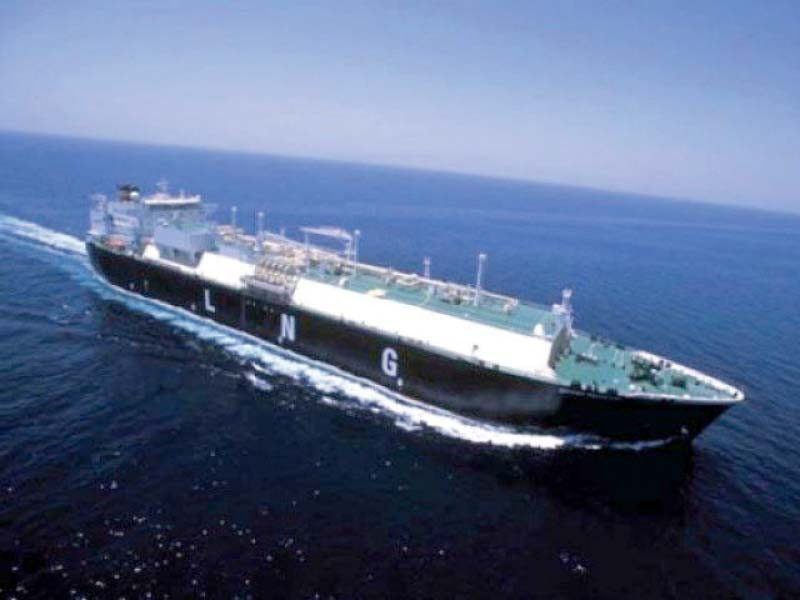
The Oil and Gas Regulatory Authority (OGRA) has announced a significant uptick in the prices of re-gasified liquefied natural gas (RLNG), registering an increase of up to 10.11% for the month of December 2023 compared to the preceding month. This adjustment, according to OGRA, is primarily linked to a notable surge in the delivered ex-ship (DES) price.
In an official statement, OGRA clarified that the revised RLNG prices would be applicable retrospectively from December 1, 2023. This development impacts consumers served by both the Sui Southern Gas Company (SSGC) and the Sui Northern Gas Pipeline Limited (SNGPL).
For consumers of the SSGC, the new RLNG price has been set at $15.4524 per metric million British thermal unit (mmbtu), showcasing a considerable increase from the previous month's rate of $14.0337 per mmbtu.
This marks a hike of $1.4187 per mmbtu, translating to a 10.10% increase. At the transmission stage, OGRA has authorized the SSGC to charge $13.2640 per mmbtu for December, a notable rise from the $12.0477 per mmbtu charged in the preceding month—an increase of $1.2163 per mmbtu.
Read more: Expensive RLNG burdens economy
Similarly, for consumers serviced by the Sui Northern Gas Pipeline Limited (SNGPL), the new RLNG price has been established at $14.8118 per mmbtu, up from the previous month's $13.4930 per mmbtu. This reflects a significant increase of $1.3188 per mmbtu, constituting a 9.77% rise.
The methodology employed by OGRA in determining these prices is based on an assessment of 11 RLNG cargoes imported during December. Notably, the Pakistan State Oil (PSO) was responsible for importing eight of these cargoes at a price of $12.84 per mmbtu. The remaining three RLNG cargoes were imported by the Pakistan LNG Limited (PLL) at a slightly higher price of $16.5 per mmbtu.
These prices encompass various factors, including losses, margins for both PSO and PLL, as well as the overall cost associated with RLNG supply by SNGPL and SSGC. It's important to mention that these calculated prices do not include the general sales tax (GST).
In light of these developments, the SNGPL has submitted a petition to OGRA, advocating for an increase in the security deposit for RLNG consumers. The proposal suggests a raise from the current Rs15,000 to Rs50,000 for consumers utilizing over 1.67 cubic meters of gas per month in the ongoing fiscal year.
The energy sector in Pakistan has been grappling with a circular debt issue, exacerbated by the use of RLNG in domestic sectors, particularly during winter. The Pakistan State Oil (PSO) finds itself in a challenging position with mounting receivables against SNGPL, surpassing a staggering sum of Rs500 billion, primarily due to delayed payments for RLNG supplies.
Interestingly, the private sector's attempts to import liquefied natural gas (LNG) face considerable hurdles, as state-owned companies continue to maintain a monopoly. Despite the availability of ample capacity at the second LNG terminal, the private sector is unable to make significant inroads into LNG imports.
Experts in the field contend that granting the private sector greater involvement in LNG imports could potentially reduce the reliance on state-owned entities, offering a plausible solution to curtail the circular debt predicament in the energy sector.

















COMMENTS
Comments are moderated and generally will be posted if they are on-topic and not abusive.
For more information, please see our Comments FAQ